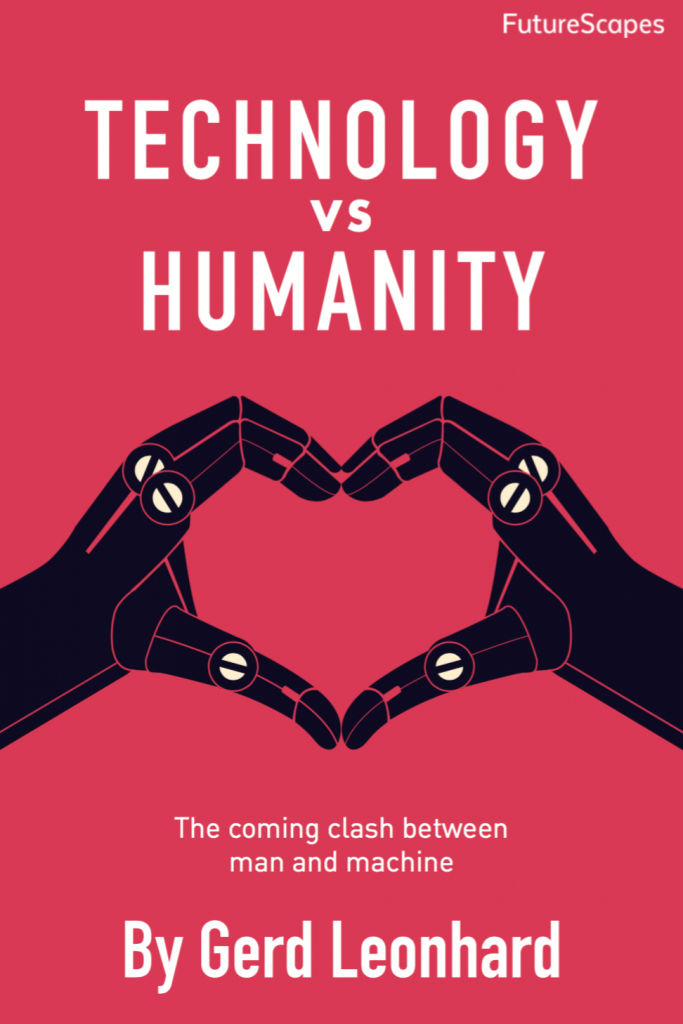IBM Research in Zurich has created the world’s first artificial nanoscale stochastic phase-change neurons to store and process data. This demonstration marks a significant step forward in the development of energy-efficient, ultra-dense integrated neuromorphic technologies for applications in cognitive computing.
Read more about this exciting discovery and understand more about artificial neurons in this interview with Manuel Le Gallo, one of the co-authors of this breakthrough.
Neuromorphic chips attempt to model in silicon the massively parallel way the brain processes information as billions of neurons and trillions of synapses respond to sensory inputs such as visual and auditory stimuli. Those neurons also change how they connect with each other in response to changing images, sounds, and the like. That is the process we call learning. The chips, which incorporate brain-inspired models called neural networks, do the same.
Microprocessors configured more like brains than traditional chips could soon make computers far more astute about what’s going on around them.

Recently, Qualcomm announced its new Zeroth machine learning platform and neural processing engine SDK First to accelerate deep learning on the Snapdragon 820 series processor. Zeroth acts a bit like a smart administrator that knows your preferences before you do, and can leverage its own measurements and capabilities to take better photos; switch intelligently between WiFi, Bluetooth, and cellular data depending on which signals are the strongest. Zeroth is also supposedly capable of recognising gestures, expressions, and faces, and intelligently sensing its own surroundings.
The new Samsung Galaxy Note 7 comes with this processor to handle better sensory data and tasks such as image recognition and iris scan.
The Economist writes about how this technology is narrowing the gap between biological brains and electronic ones.
“The next step is to experiment with linking such neurons into networks. Small versions of these networks could be attached to sensors and tuned to detect anything from, say, unusual temperatures in factory machinery, to worrying electrical rhythms in a patient’s heart, to specific types of trade in financial markets. Bigger versions could be baked onto standard computer chips, offering a fast, frugal co-processor designed to excel at pattern-recognition tasks—like speech- or face-recognition—now performed by slower, less efficient software running on standard circuitry.”
The conceptual gap between artificial brains and real ones is shrinking a little further.
Read Gerd Leonhard‘s provocative new manifesto Technology Vs. Humanity.
Futurism meets humanism in Gerd Leonhard’s ground-breaking new work of critical observation, discussing the multiple Megashifts that will radically alter not just our society and economy but our values and our biology. Wherever you stand on the scale between technomania and nostalgia for a lost world, this is a book to challenge, provoke, warn and inspire.
Technology vs. Humanity is a last-minute wake up call to take part in the most important conversation humanity may ever have. Will we blindly outsource and abdicate big chunks of our lives to the global technology companies – or will we take back our autonomy and demand a sustainable balance between technology and humanity? By supplying a Socratic and humanistic critique of the Megashifts currently recasting our world, Gerd Leonhard provides the prologue for this great debate. Now is the time to join the dots between big data and digital ethics, to start discussing the moral framework required to steer the evolution of digital life – and to finally articulate the difference between our unique humanity and the rapidly evolving robotic versions. In 1949 George Orwell released Nineteen Eighty-Four – offering us a stark warning of a world dominated by technology and those who own and control it. Nearly seventy years after its publication, Gerd Leonhard investigates how we preserve our humanity in a world that is rapidly beginning to resemble that science fiction.

